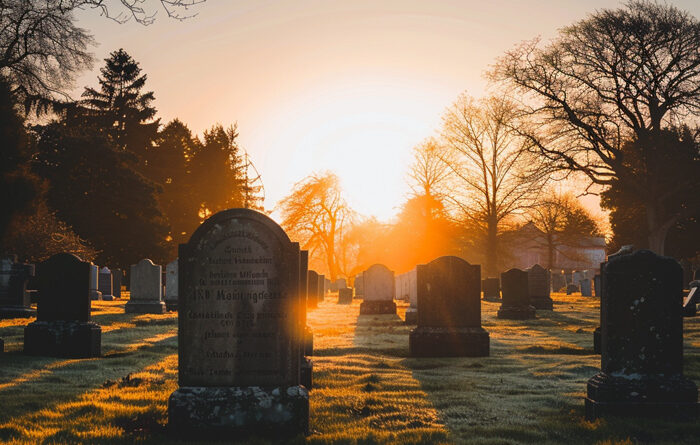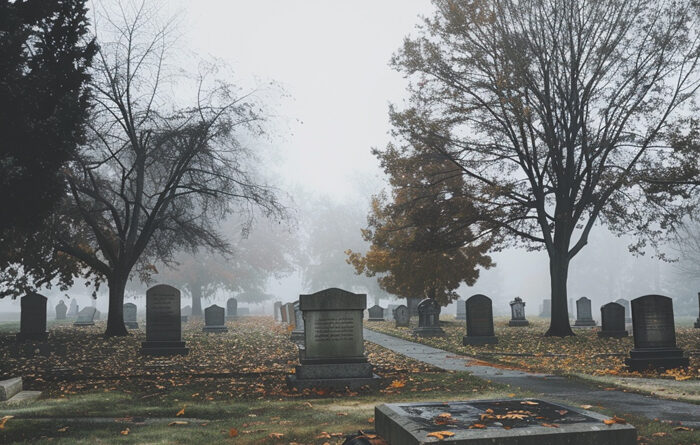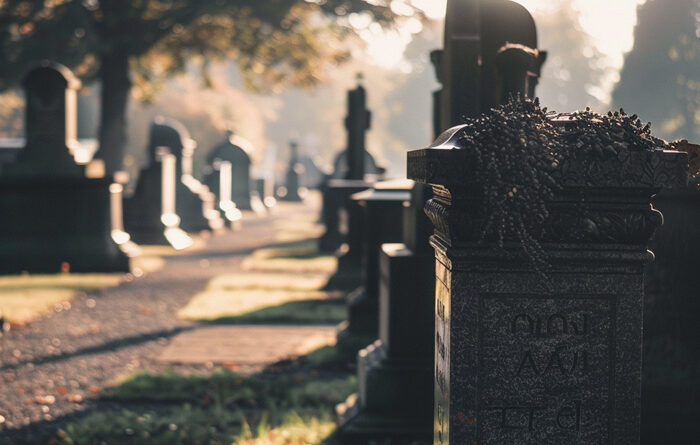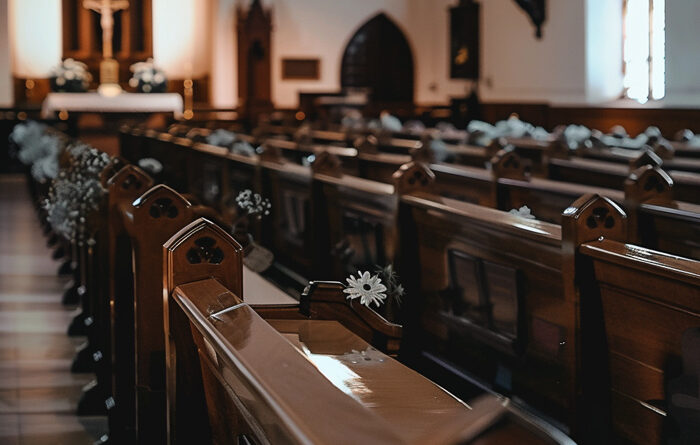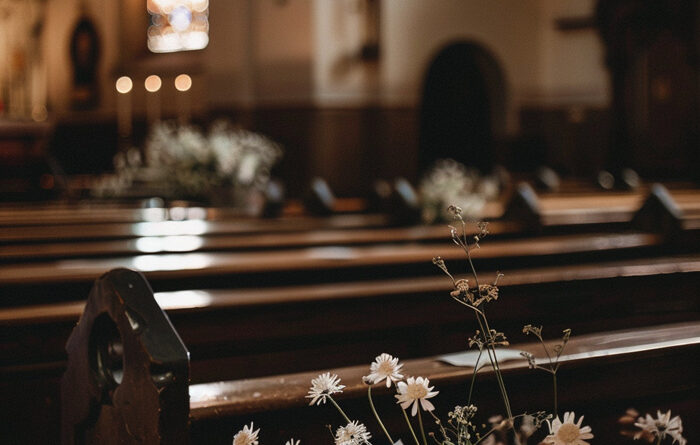
Introduction to Cremation Practices in Miami
In the vibrant city of Miami, cremation has emerged as a significant practice for end-of-life arrangements, reflecting the city’s cultural diversity and the variety of religious beliefs among its residents. This cosmopolitan area, known for its rich tapestry of traditions and lifestyles, offers a window into how cremation is perceived and conducted amongst different cultural and religious backgrounds. The topic of cremation in Miami begs for a sensitive understanding as it intertwines with the varied beliefs and customs of its people.
Cultural Perspectives on Cremation
Cremation is a practice that has been embraced by different cultures for centuries. In Miami, with its multicultural populace, the acceptance of cremation varies significantly from one community to another. For instance, in some Eastern and Asian cultures, cremation is a time-honored tradition. It is viewed as a way of liberating the soul and returning the body to its natural elements. On the other hand, some Western cultures have been slower to accept cremation, often preferring traditional burial practices. However, this trend has shifted in recent years as cremation becomes a more popular choice due to various factors such as cost, environmental concerns, and space limitations in cemeteries.
Religious Considerations in Cremation
The diverse religious landscape of Miami influences how individuals and families approach the idea of cremation. For example, Hinduism holds cremation in high regard as it aligns with their beliefs about the cycle of life, death, and rebirth. Buddhists also frequently choose cremation, viewing it as a way to detach from the physical body and focus on the spiritual journey.
In contrast, Islamic tradition typically forbids cremation, emphasizing burial as the method for honoring the deceased. Christianity’s views on cremation vary widely: the Catholic Church, after long opposing it, now allows the practice, provided it is chosen for the right reasons and is followed by a proper ceremony. Protestant views can vary depending on the denomination, with some accepting it as a valid option and others preferring burial.
Furthermore, Jewish tradition has historically been against cremation, favoring burial as a sign of respect for the body. However, there is a growing liberal movement within Judaism that has begun to accept cremation in certain circumstances. Miami’s population includes all these religious groups, each bringing their practices and beliefs into the conversation on cremation.
Handling Cremation With Sensitivity
Service providers in Miami approach the subject of cremation with great sensitivity, acknowledging the emotional and spiritual significance of the process for grieving families. Funeral directors and crematorium staff are trained to respect and honor the multitude of cultural and religious customs present in the community. They offer services that are respectful and conscious of the varying needs and wishes of each individual or family, whether it means facilitating specific rites or providing consultation on how best to commemorate the departed.
Professionals in the industry also recognize the delicate nature of their work and strive to provide clear and compassionate guidance to those who are making arrangements for their loved ones. This includes understanding the rituals that may need to be performed before, during, or after the cremation process, accommodating specific requests for handling of the cremated remains, and providing support throughout the process.
Environmental and Legal Considerations
Apart from cultural and religious factors, environmental and legal elements play a crucial role in the practice of cremation in Miami. The city, like many others, follows stringent regulations to minimize the environmental impact of cremation. This includes the use of modern cremation equipment designed to reduce emissions and the option of eco-friendly urns and memorials for those who are environmentally conscious.
Legally, Miami adheres to strict protocols to confirm identity, obtain necessary permissions, and carry out the cremation process in a way that upholds the dignity of the deceased while reassuring the family of the careful handling of their loved one.
Conclusion
The practice of cremation in Miami caters to a wide array of cultural and religious preferences, highlighting the city’s capacity for inclusiveness and respect for individual beliefs. As the trend towards cremation continues to grow, Miami stands out as an example of a community that navigates these deeply personal choices with professionalism and understanding. By accommodating a range of cultural and religious idiosyncrasies, service providers ensure that each individual’s farewell is handled with the dignity and reverence it deserves.
As individuals planning for the future or families grappling with loss consider the options available, Miami offers a supportive environment that carefully considers every aspect of cremation. The city’s professionals, well-versed in cultural nuance and religious doctrines, provide an indispensable resource to those coming to terms with the loss of a loved one. Cremation in Miami, thus, exemplifies the compassion and care necessary to serve a diverse community during some of life’s most challenging moments.
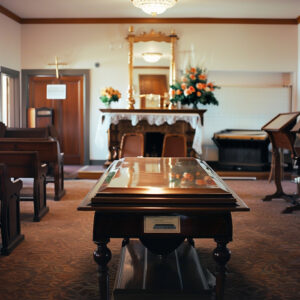
Is cremation accepted in all religions?
Cremation is accepted by several religions, but not all. Many branches of Christianity, Buddhism, and Hinduism permit cremation. However, it is traditionally prohibited in Orthodox Judaism, Islam, and Eastern Orthodox Christianity. The acceptability of cremation can vary widely even within religious groups, and it is essential to consult with religious leaders or refer to doctrinal teachings for guidance.
How do cultural beliefs impact cremation practices?
Cultural beliefs can greatly influence cremation practices including the handling of remains, the types of ceremonies conducted, and the final disposition of the ashes. Some cultures may have specific rituals that are performed before, during, or after the cremation process. The importance of adhering to these practices is tied to honoring the deceased and fulfilling societal or familial expectations.
Can cremation accommodate memorial services or traditional viewings?
Yes, cremation can accommodate traditional viewings and memorial services. Many funeral homes offer the option of having a viewing or visitation before the cremation takes place. A memorial service can be held with or without the cremated remains present, allowing flexibility to honor the memory of the deceased in a manner that respects both personal wishes and cultural or religious traditions.

